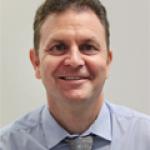Our Learning
Primary School
Subjects
Teaching & learning
Primary School Curriculum
At Nexus Primary, learners experience a rich and engaging curriculum that combines the International Primary Curriculum (IPC) with the English National Curriculum, ensuring both breadth and depth in learning. The International Primary Curriculum’s thematic, inquiry-based approach helps learners make meaningful connections across subjects while also developing their personal goals and international mindedness. Specialist teaching in Music and Physical Education, along with unique opportunities such as Forest School and outdoor learning opportunities , further enriches the learning journey. This balanced approach nurtures curiosity, creativity and the essential skills needed for future success.
English National Curriculum

English
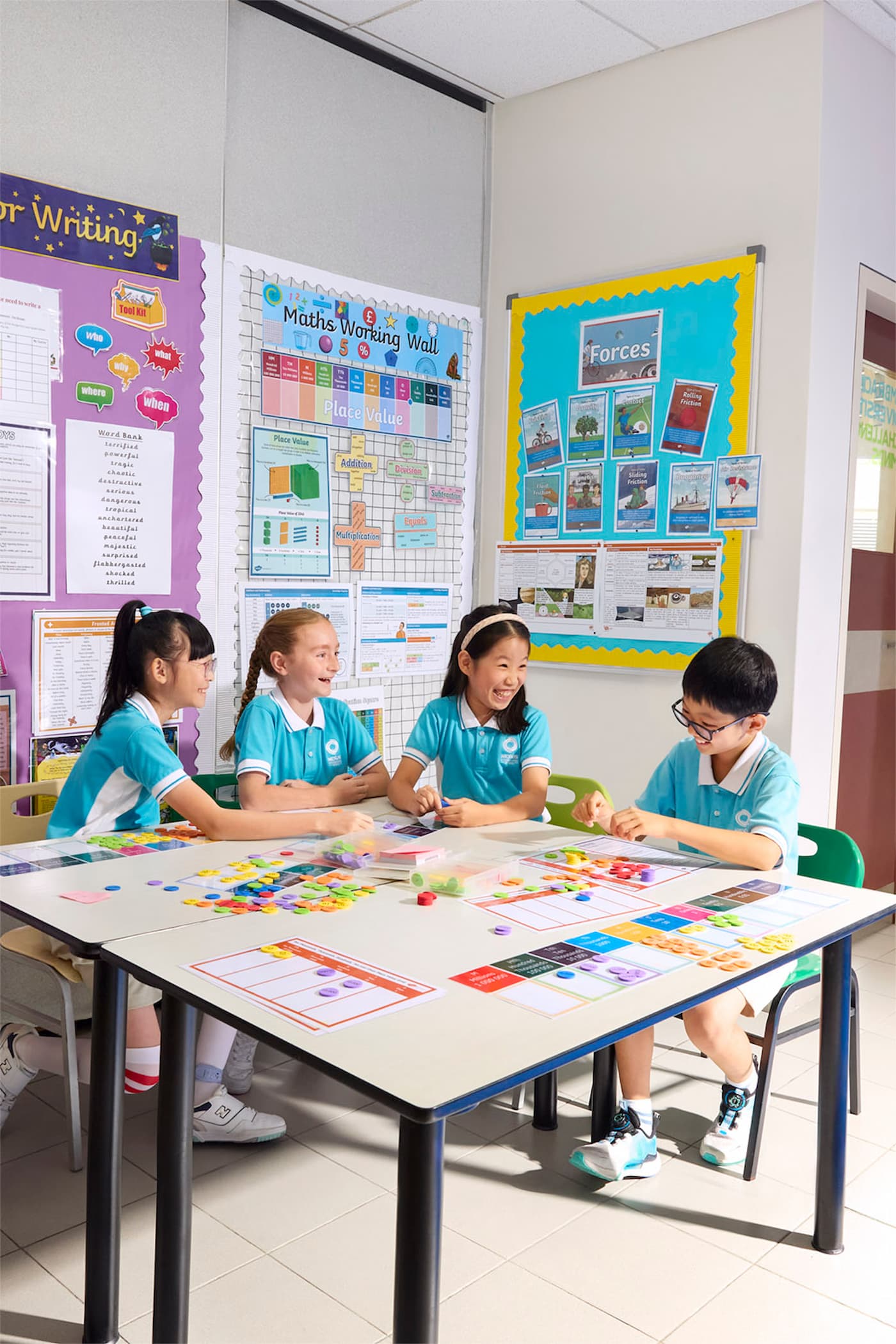
Mathematics
International Primary Curriculum (IPC)
Thematic units of learning
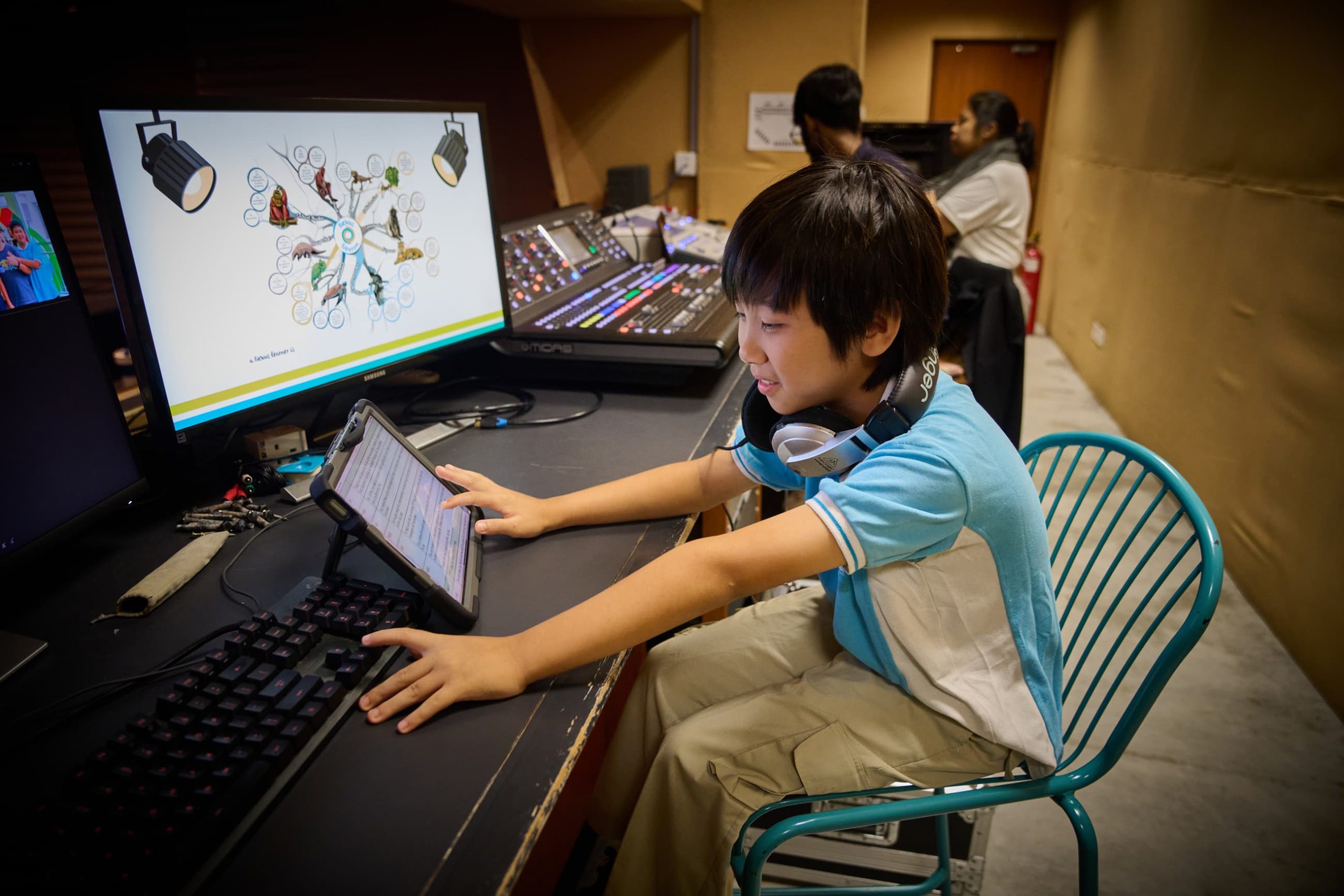
DIGITAL Literacy
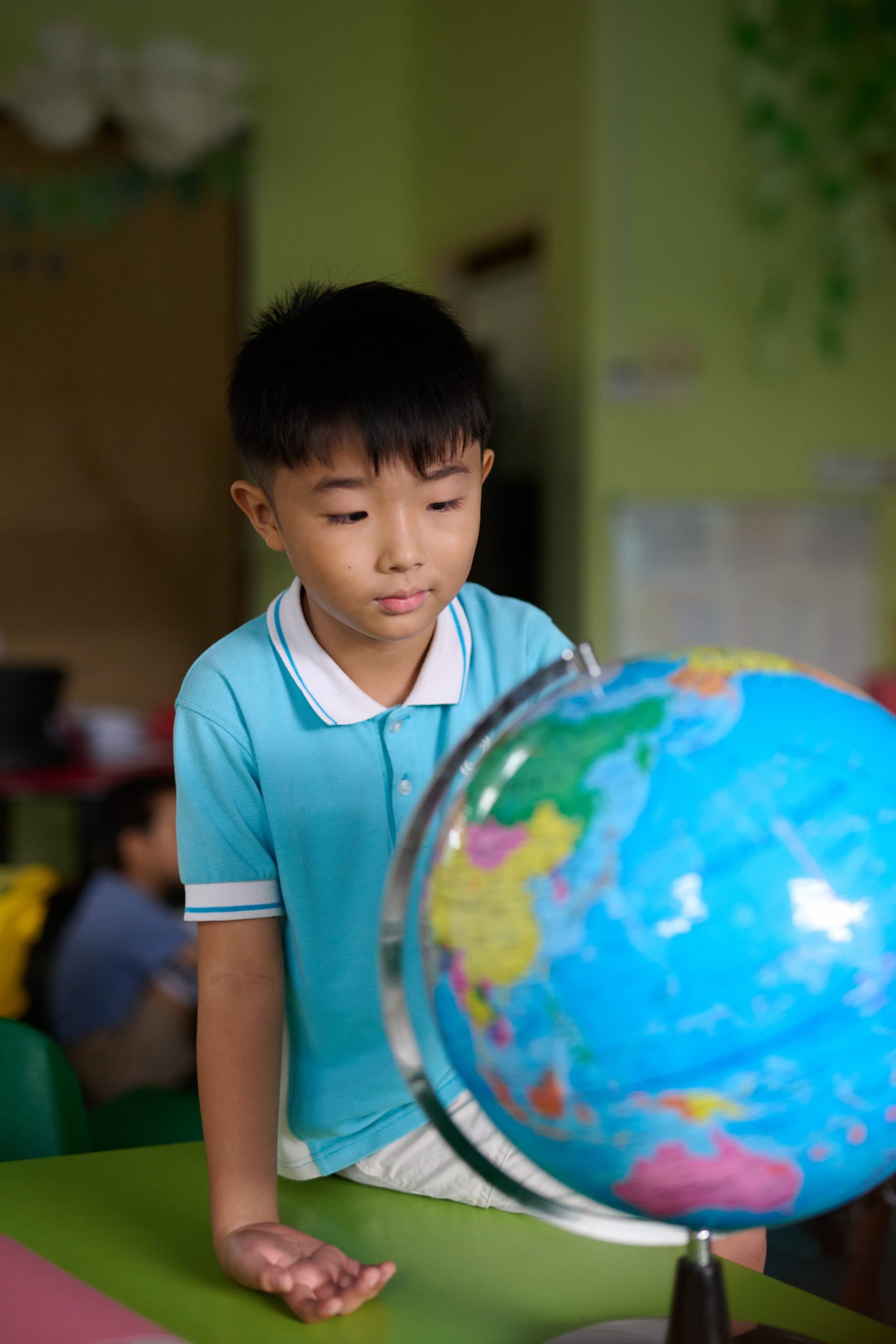
Geography

History
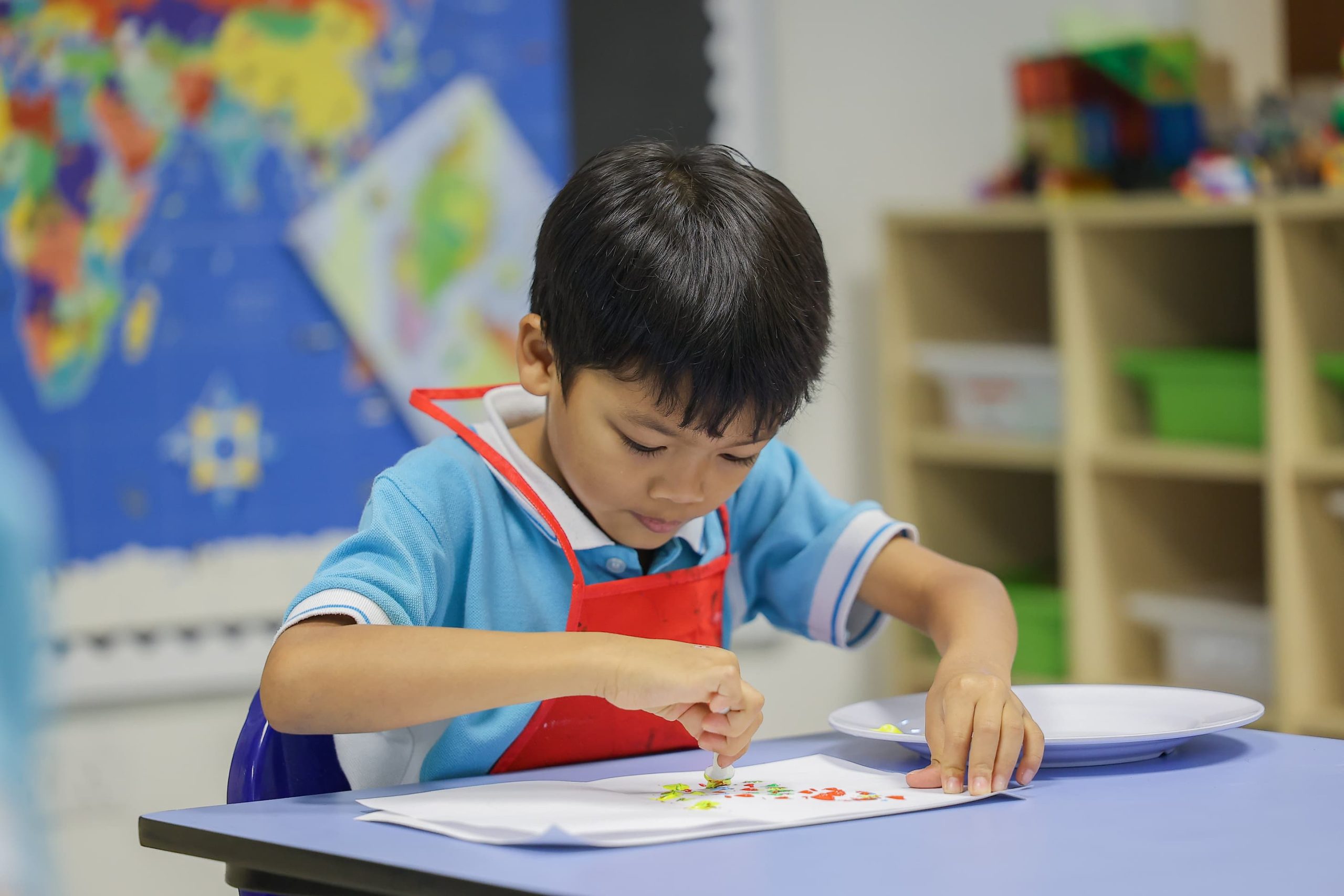
Arts

International Learning
Specialist Subjects
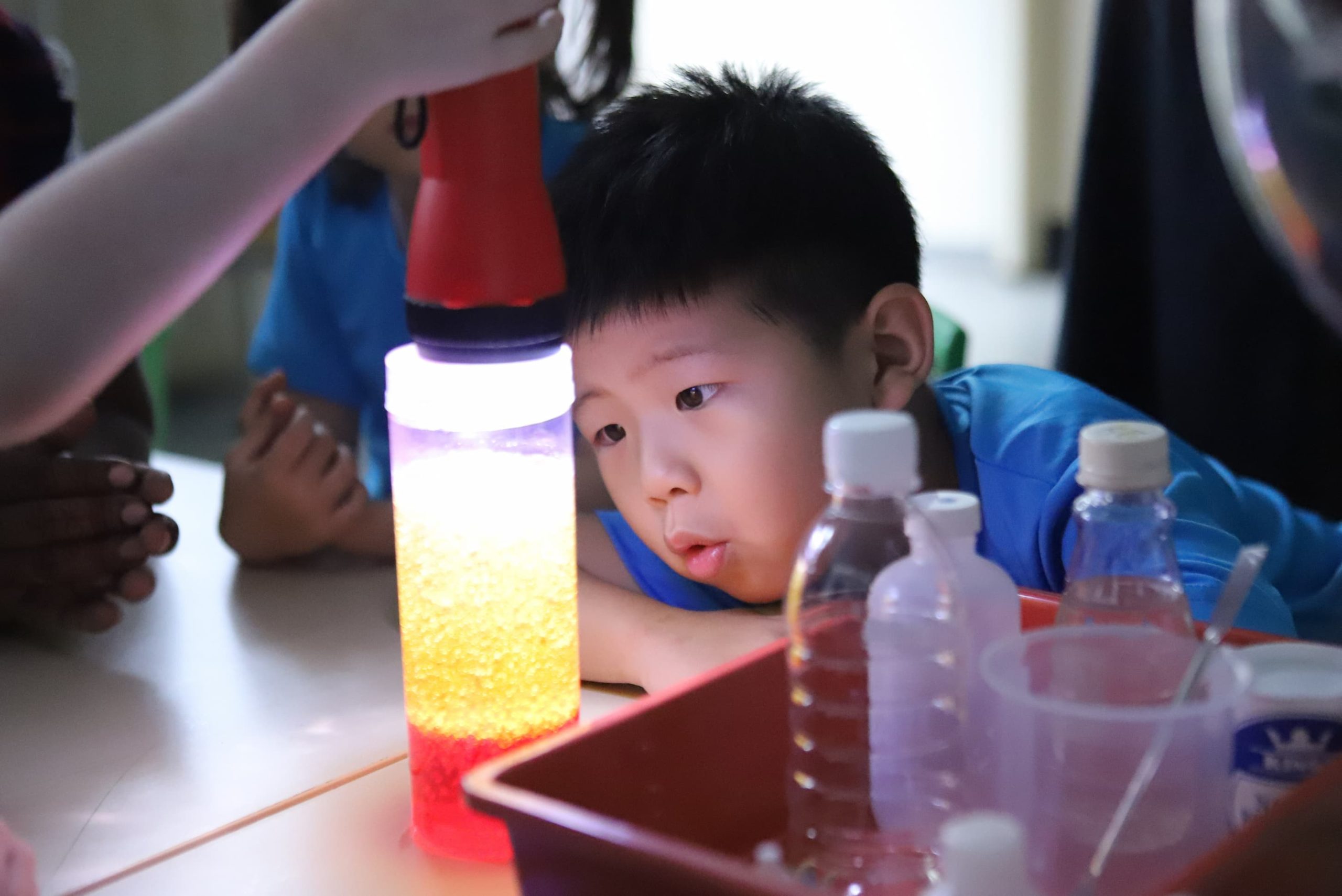
SCIENCE
Taught Through White Rose Science

Language acquisition
Language Options: Malay, Mandarin or Spanish
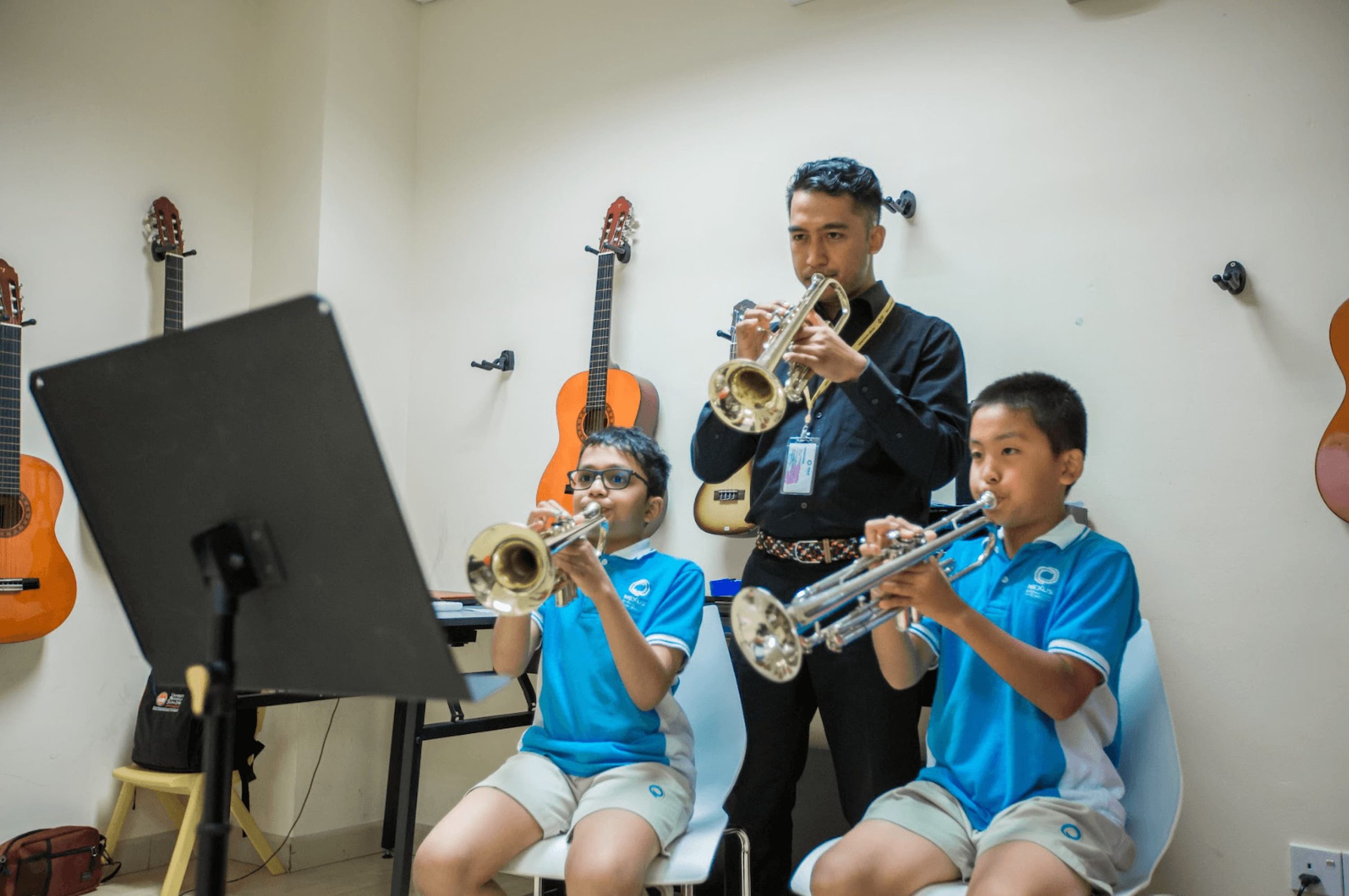
Music
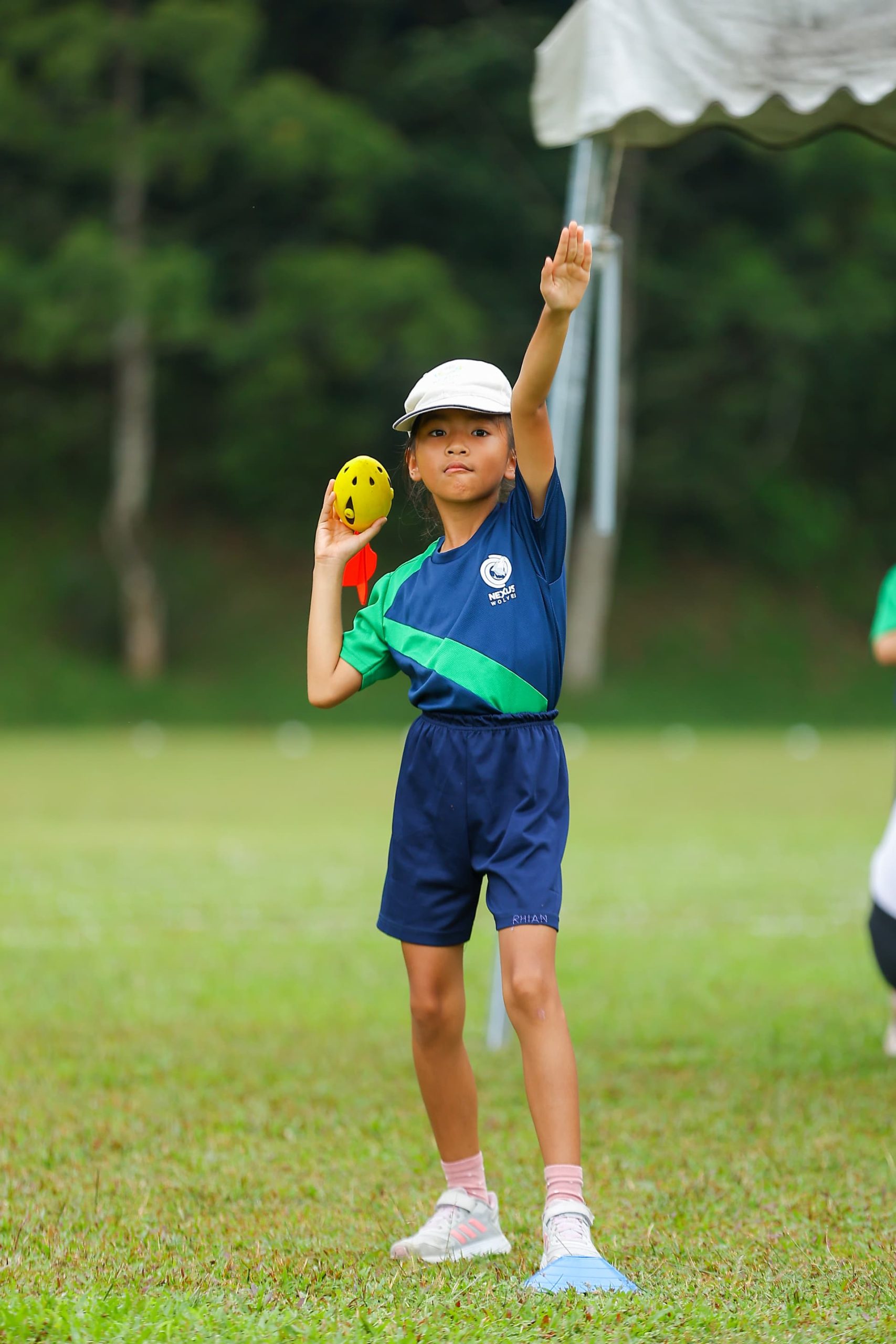
Physical Education

Swimming

Forest School
Wider Learning
At Nexus International School Malaysia, education is more than academics. Our wide range of sports, the arts, extracurricular activities and leadership opportunities help our learners grow, lead and thrive.
